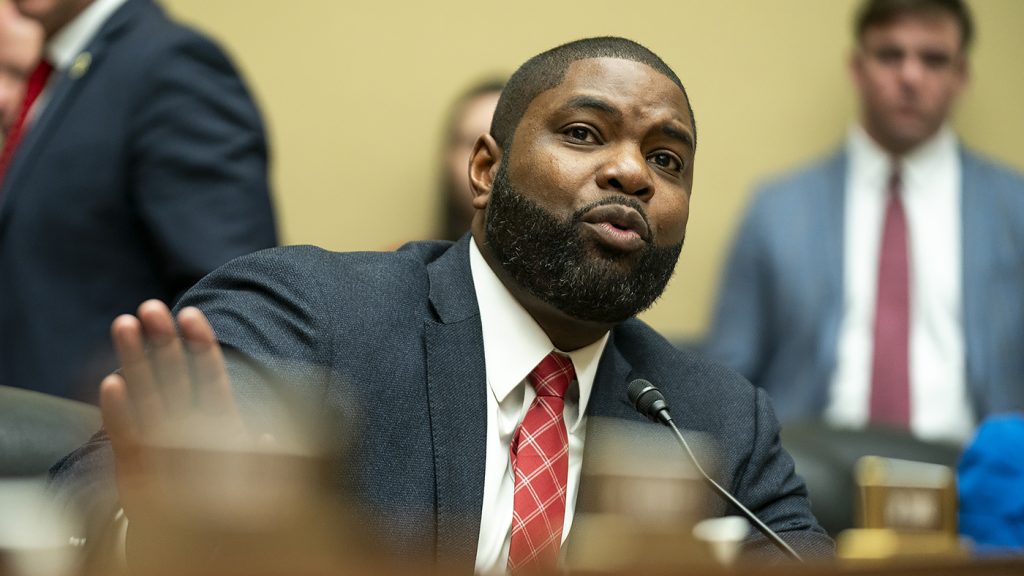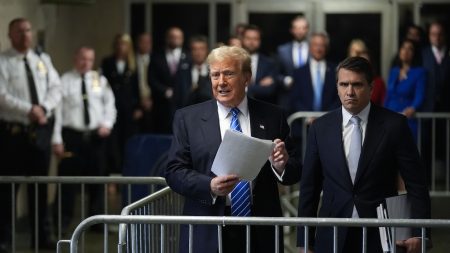House Republicans criticized the Consumer Financial Protection Bureau (CFPB) during a hearing on Wednesday for its suggested regulation of financial services such as digital wallets and payment apps.
The agency revealed its plan to oversee non-bank financial technology in November 2023, with CFPB Director Rohit Chopra stating that the rule “would crack down on one method of regulatory avoidance by making sure that large technology firms and other nonbank payments companies are subjected to appropriate oversight.”
However, Republicans argue that this is just another instance of the CFPB going beyond its authority and unnecessarily enforcing regulation on private companies.
“So for the people watching at home, the CFPB is looking for something to do because they are busy bodies,” Rep. Byron Donalds (R-Fla.) stated during the hearing of the House Financial Services subcommittee on Digital Assets, Financial Technology and Inclusion.
“There is no need for them to regulate in the space. Mr. Chopra once again is way beyond his bounds,” he added
Donalds argued that the rule would restrict Americans’ ability to buy and sell goods and services and excessively involve CFPB in digital transactions.
Subcommittee Chairman French Hill (R-Ark.) mentioned that the proposal was “too broad and unclear” and assumes that applications like digital wallets can be used interchangeably with payment applications such as PayPal, Venmo, and Cash App.
“The CFPB is attempting to encompass as wide a range as possible and become a technology regulator,” Hill stated. “In many ways, this proposal represents a significant departure from the CFPB’s previous rules on large participation.”
Jack Solowey, a financial technology policy analyst at the Cato Institute, made a distinction between payment apps, which require a service provider to facilitate transactions, and digital wallets, which enable users to access their holdings, typically by securely storing information on smartphones.
He stated that the new rule would create uncertainty about which tools are regulated and “confuses the situation” for many tech companies. He also cautioned that the regulation of digital wallets would “raise serious concerns under the Administrative Procedure Act and the Consumer Financial Protection Act itself.”
Subcommittee Ranking Member Stephen F. Lynch (D-Mass.) referred to a statement from the CFPB stating that the lines between banking and commerce have become blurred and that regulation is essential to protect consumers.
“CFPB is not becoming a tech regulator as much as tech companies are becoming banks,” Lynch said.
Christopher Odinet, a law professor at the University of Iowa, mentioned that non-bank platforms are increasingly taking on similar roles to banks in the payments ecosystem and functioning as “influential intermediaries,” which necessitates more supervision to reduce risk.
“They introduce additional parties into the payment process, which increases the likelihood of losses related to fraud, data breaches, and the insolvency of these influential intermediaries,” Odinet said.
CFPB oversight also allows for more uniform regulation across state lines and helps prevent potential discrimination that could arise from technology companies collecting data, he added.









